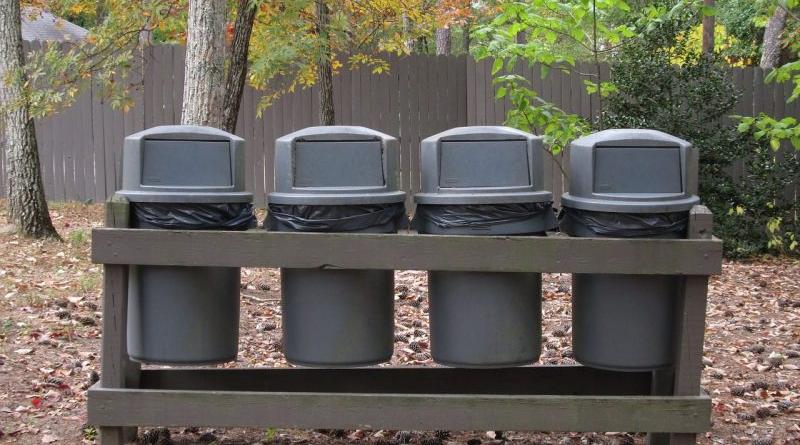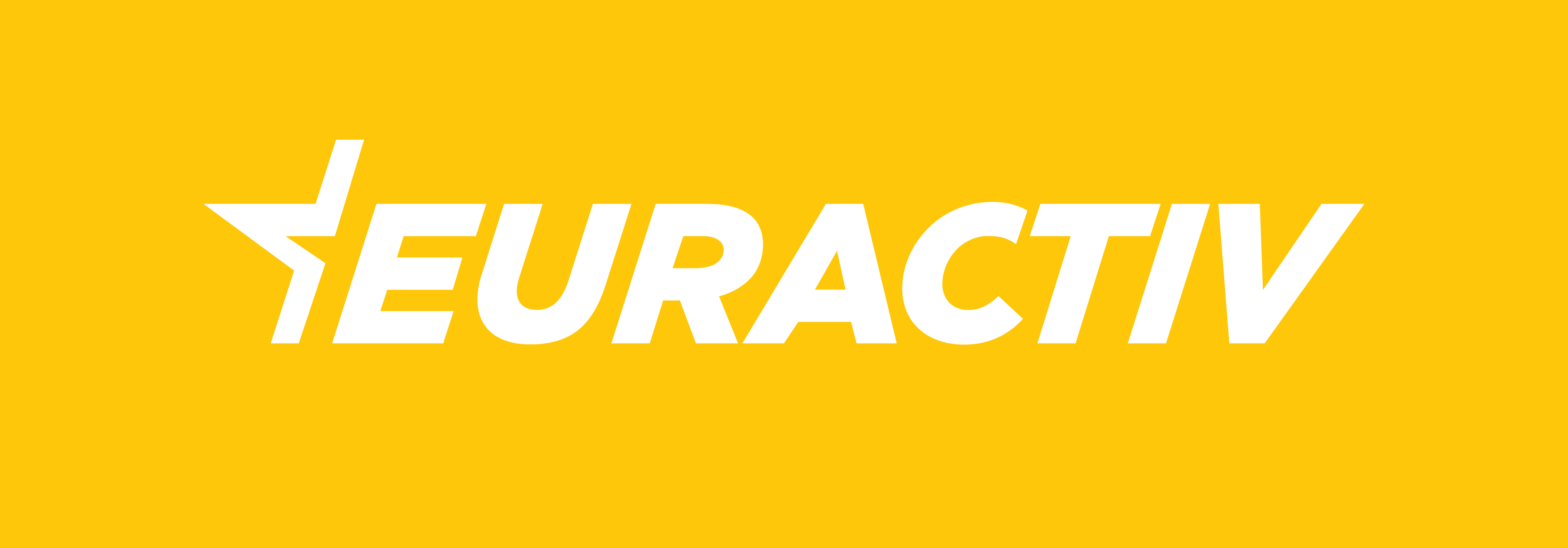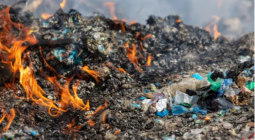Mixed waste sorting key to EU circular economy goals: study

Europe is likely to need effective sorting for mixed waste streams before they are sent to landfill or burnt for energy recovery to reach its recycling targets and reduce emissions, according to a study by Eunomia Research and Consulting, published on Thursday (16 February).
The report, commissioned by NGO Zero Waste Europe and the Reloop Platform, argues that mixed waste collection could reduce EU emissions from the waste sector by up to 25%, compared to 2020.
The introduction of mandatory mixed waste sorting would also help ensure the 2030 plastic and paper recycling targets are met, and increase chances that EU countries meet their targets for recycling of municipal waste.
“Only when all member states introduce measures to effectively sort recyclables from mixed waste prior to thermal treatment and landfilling across the EU, will there be any degree of confidence that plastic and paper packaging recycling targets will be consistently met and circularity of resources maximised,” said Clarissa Morawski, CEO of Reloop, which promotes policy to support the circular economy.
Collection has long been a thorn in the side of the European recycling industry, with low levels leading to recyclable content being lost, increasing EU consumption of primary materials and greenhouse gas emissions from incineration and landfill.
In 2018, only 38% of total waste and 48% of municipal waste was recycled in the EU, according to Eurostat. The rates vary considerably between EU countries, from 10% to over 60%.
Eunomia’s report focuses on Belgium, Germany and Sweden, which already have high recycling rates. Even so, it found that a full roll-out of effective mixed waste sorting is likely to be necessary to ensure recycling targets are consistently met and enable a reduction of emissions.
For instance, according to the report, sorting mixed waste before incineration and landfill could increase recycling rates in 2030 from 50% to 62% in Germany, 53% to 65% in Belgium and 44% to 58% in Sweden.
“It’s clear that mixed waste sorting is an essential solution to achieve climate targets. In addition to separate collection, its complementary role needs to be recognised by EU policies,” said Janek Vähk from Zero Waste Europe.
Improving EU legislation to boost recycling
The EU is currently working on multiple pieces of legislation related to the circular economy. As part of this, Zero Waste Europe and Reloop are calling on policymakers to include certain measures.
This includes mandating the use of mixed waste sorting systems to remove recyclable materials prior to incineration in the recently proposed industrial emissions directive and/or in upcoming revision of the waste framework directive.
The European Commission is already looking into ways of improving collection from municipal waste under the waste framework directive. One of the aims of the revision is to “reduce mixed waste and increase preparation for re-use or recycling of waste by improving separate collection”.
Alongside this, Zero Waste Europe calls for waste incineration to no longer be classed as ‘recovery’ under EU law. Similarly, they want a definition of treatment prior to landfilling that requires mixed waste sorting under the landfill directive .
According to ZWE, incineration facilities must also be included in the EU’s carbon market by 2028 in order to encourage removing plastics from mixed waste. This is something the European Commission will review later this decade.
Meanwhile, campaigners are calling for a ban on the incineration and disposal of recyclable or reusable materials under the package and packaging waste regulation and the waste framework directive.
[Edited by Frédéric Simon]
cover photo: Recyclable materials can be lost in mixed waste streams, increasing emissions and EU consumption [Valerie / Pixabay]





